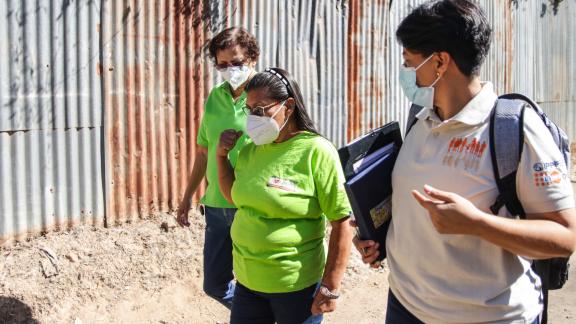Monitoring and evaluation are critical in any healthy learning organization because they ask three key questions:
- Are we doing the right thing?
- Are we doing it well?
- And are there better ways of doing it?
The Federation’s results are reflected in the numbers of quality services being provided to clients, and by effective advocacy at national, regional and global levels that makes a difference to sexual and reproductive health and rights.
Relevant and high quality information enables IPPF to demonstrate the effects of its work to national, regional and international donors, policy-makers and partners. IPPF collects information through 30 global indicators annually. We use this information internally to identify gaps and areas for improvement, and to analyse long-term performance trends. These feed into planning and budgeting processes. In doing so, we enhance the impact of our work on an ongoing basis and set ourselves increasingly ambitious goals.
IPPF also conducts participatory qualitative reviews, which come to life in ‘IPPF Changing Lives’.
The Secretariat provides technical assistance, advice and guidance on monitoring, evaluation and learning and oversees the quality of monitoring, evaluation and learning practices throughout the Federation.
IPPF Member Associations are required to undertake needs assessments, monitoring and evaluation studies, and baseline and end-of-project surveys. They also assess their own capacities in monitoring and evaluation and identify areas for improvement.
IPPF is a learning organization and recognizes the importance of learning from its own experience and that of others. Through interactive, global systems, IPPF as a Federation uses this knowledge to increase organizational effectiveness.
Learn more about IPPF’s monitoring, evaluation and learning:
- Strategic Framework
- Annual Performance Report
- Monitoring and Evaluation Handbook
- Organizational Learning Strategy
when







